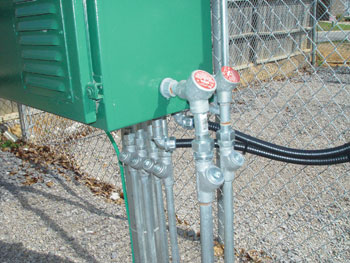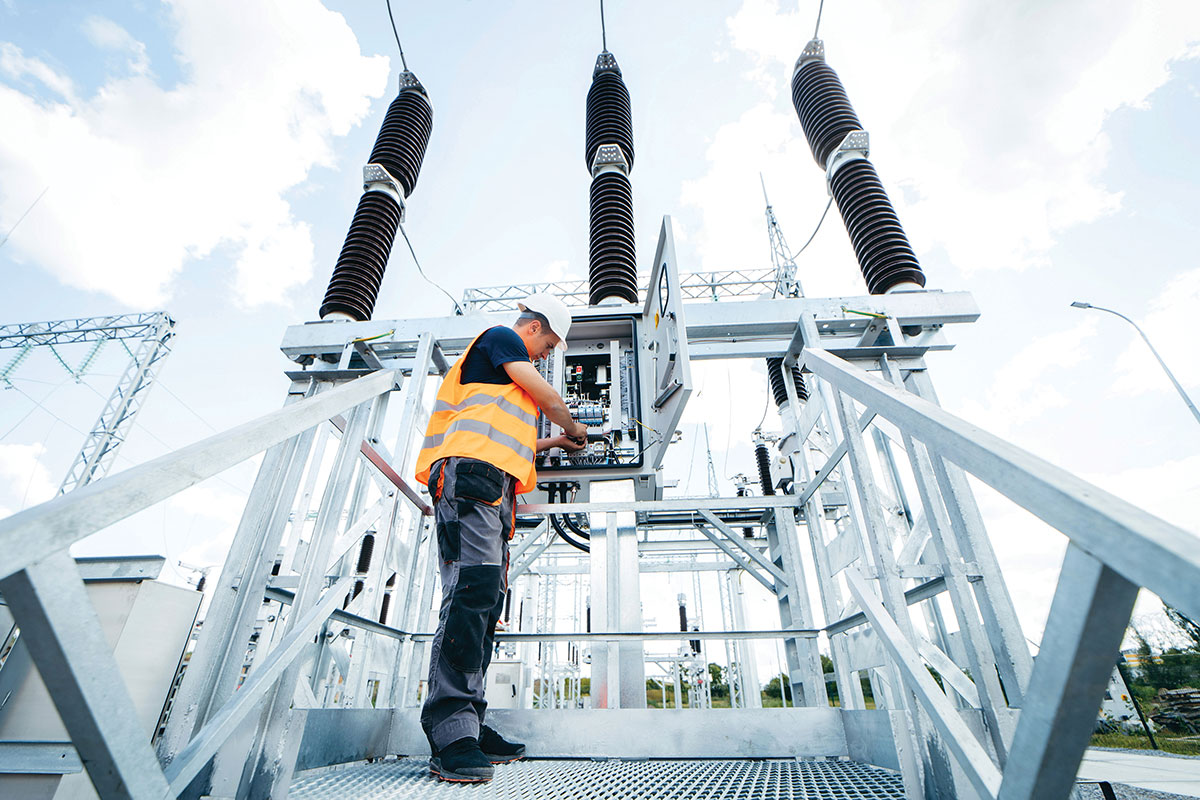 It was the turn of the century and after thirteen years working on the utility side of the transformer I took on the role of managing a Hazardous Area Electrical Training Center. Ironically, at the time I was completely unaware of hazardous areas. Hey, everyone has to learn about something for the first time.
It was the turn of the century and after thirteen years working on the utility side of the transformer I took on the role of managing a Hazardous Area Electrical Training Center. Ironically, at the time I was completely unaware of hazardous areas. Hey, everyone has to learn about something for the first time.
During my first week, I took the most popular course offering. It was an introductory course and I learned about glanding, zones, divisions, IS systems, standards, work methods and many concepts about which most people, including most electrical professionals, know very little.
A half dozen electricians and technicians, all of whom were experienced in working in hazardous areas also attended the course; their presence really enriched the learning. As the course ended and comments were openly shared, I learned a big lesson.
Every single participant commented that although they had heard this was a good course they did not think that there would be much that they would learn — because they already had lots of experience. And without exception every person (including senior engineers who governed electrical inspections) said, “I had no idea there was so much I did not know about hazardous areas.”
Therein lays the universal truth. People tend to strongly believe that their knowledge, beliefs and convictions are complete and correct. This belief in our abilities is often so strong that we do not consider that we might be wrong or that maybe, just maybe, we do not have all of the information.
Truly, there is far more that you do not know than what you know. This is OK. However, it is a problem when you think you are right when you are wrong. And when it comes to hazardous area electrical work, thinking you know what you are doing when you are wrong is a major problem that could lead to a catastrophe.
I am no longer involved with the training center which has since scaled back operations for a number of reasons, the main one being that we could not get enough people to believe that there were things about hazardous areas that they did not know. Companies and individuals most frequently justified that they did not need to take the hazardous area electrical training because they already knew it. Yet participants’ feedback repeatedly mentioned that they gained knowledge and skills that they thought they already had or did not need.
There are two ideas you can use from this.
The first is very simple and specific to hazardous areas. If your work involves hazardous areas, I do not care how much you already know, commit to continually upgrade your knowledge in this field (kudos to IAEI for focusing on this important topic in this issue).
The second is concerned with your talents and applies more generally. It is very important to recognize and appreciate the skills, knowledge and abilities that you do possess. Not that these alone define you as a human being, but they make up a large part of who you are. It is also important to appreciate these aspects in the people around you. That is, if you want them to feel valued.
However, there is a balance that you must find in appreciating your talents and developing your talents (as well as those of others). Knowing your limitations and acknowledging that you do not know everything enables you to use your talents wisely and leads you to develop and improve them. When you do this, you honor and respect your talents. This is a true sign of appreciation — appreciation to yourself and to all those who have contributed to your talents.
The great thing is that when you come to truly appreciate your own talents and abilities you will settle for nothing short of excellence… guaranteed.










Find Us on Socials